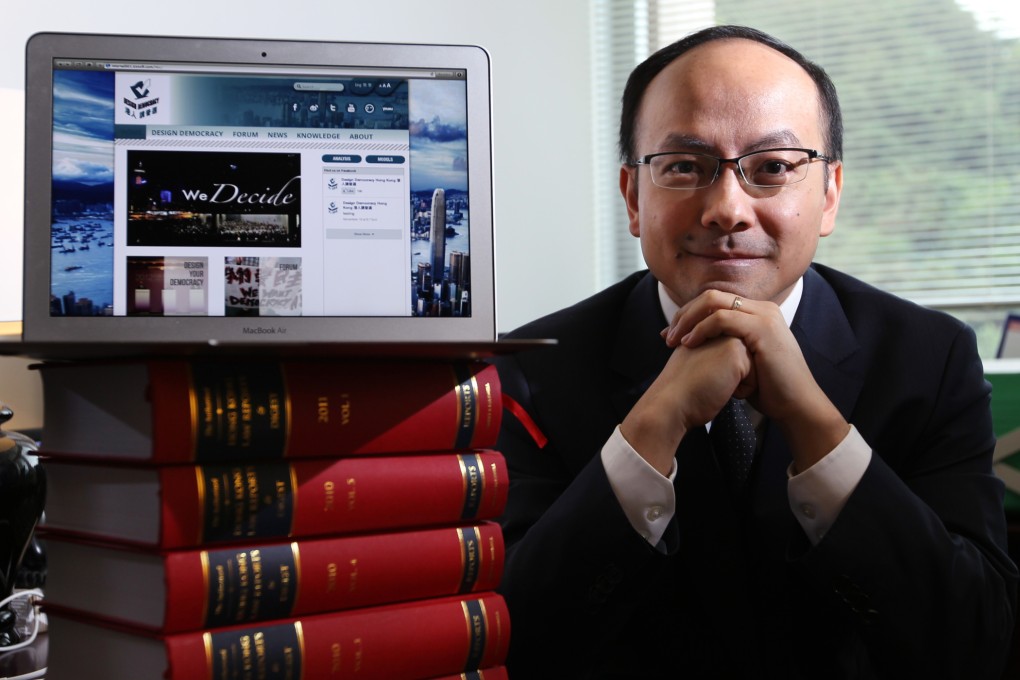Police watchdog facing challenges
The IPCC needs to demonstrate that it is an impartial contributor to the complaints process

For 37 years, the city has had a two-tier system to treat police complaints. One tier handles the complaint; the other has oversight of the handling of the complaint.
A police section known as the Complaints Against Police Office (Capo) receives the complaints. Its work is monitored by the Independent Police Complaints Council (IPCC) to ensure the reports are handled fairly and with a degree of transparency.
As one is naturally suspicious of the police policing themselves in this area, the IPCC plays a crucial role in promoting public confidence in the system.
The council celebrated five years as a statutory body and welcomed a new chairman on June 1. In the coming months, it will probably face its greatest challenges with the looming political reform protests and resulting police complaints. Its impartiality will be tested.
Even if in practice the IPCC acts true to its motto, the public may think differently. As Mr Justice Robert Tang Ching wisely noted at a symposium to mark the fifth anniversary, "reality and public perception may differ. What can be done to improve public perception is a continuing quest."
As part of that quest, new thinking should be directed to enhancing perception of the IPCC's independence. One idea is to make the appointments process more transparent and robust. The law confers wide discretion on the chief executive to appoint an unlimited number of council members, now totalling 24. To avoid criticism of political bias, perhaps an independent advisory committee could recommend names to the chief executive and, even better, draw those names from applications openly invited and made by interested persons. This is a merit-based and more professional approach and is similar to the process used for appointing magistrates and Court of First Instance judges.
